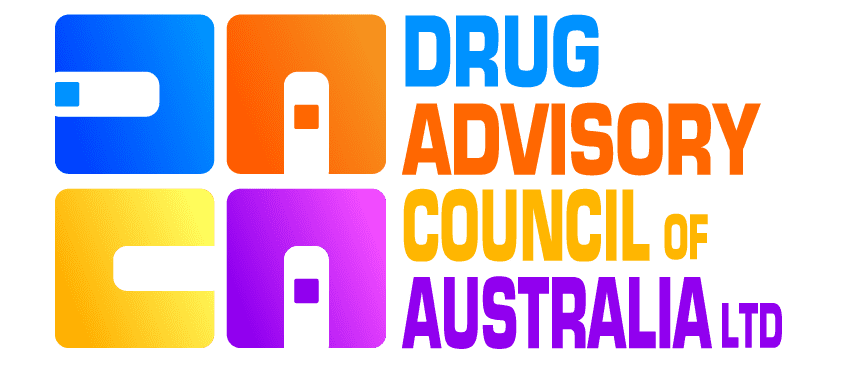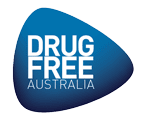The documents offer unprecedented insight into the challenges of establishing and regulating an industry where the product is traditionally illegal. Picture: AFP
SEAN PARNELL 12:00AM JANUARY 7, 2019
High demand for a stake in Australia’s medicinal cannabis industry — including from people with links to organised crime — has caught the regulator unprepared and under-resourced, an internal audit has found.
Documents obtained under Freedom of Information laws show independent auditors hired by the Department of Health found the level of resourcing for the Medicinal Cannabis Section in the Office of Drug Control was “unsustainable”.
The federal government anticipated there would be between one and 20 cultivators under the scheme, but in the first two years more than 30 licences have been granted and many more applications have been considered.
The MCS spent much of its time over the first 18 months assessing applications. The documents reveal this was not only a regulatory function but also crime prevention, with “several cases where assessments have uncovered connections to organised crime”.
Amid a backlog of applications, the auditors were not convinced that the MCS had enough resources to perform its current or future roles effectively.
“It is likely there will be further pressure on the limited resources in the future with the commencement of compliance inspections, permit application processing, regulatory adjustments, and a forecast reduction in staff as a result of department-wide funding allocations,” the auditors warned.
“MCS may not be able to effectively implement all of its roles in managing the scheme in the future within current resource restraints.”
The auditors did not comment on any risk of organised crime connections not being detected in the application process, or of drugs otherwise being diverted to the illicit market.
The department only partly accepted the auditors’ recommendation that the MCS have more clarity over its future resourcing: “Given the present financial situation of the department, it is unlikely that the effort in closely mapping the resourcing required would lead to an increase in resources for the medicinal cannabis program.”
Last month, however, the government quietly allocated a further $4.4 million over two years for “assessment and compliance activities”. It also flagged changes to cost recovery arrangements.
The department had grappled with the auditor’s suggestion that the MCS divert effort from applications assessment to other areas: “Given the end result that the number of compliance inspections, and/or the level of rigour put into application assessments, must necessarily fall under any rebalancing, there is a heightened risk of criminal diversion and criminal infiltration of the medicinal cannabis scheme.”
The documents offer unprecedented insight into the challenges of establishing and regulating an industry where the product is traditionally illegal.
Separate concerns that patients faced unreasonable delays obtaining products prompted the Council of Australian Governments’ Health Council to agree to streamline processes.
The Therapeutic Goods Administration has approved 2339 applications under a special access scheme for medicinal cannabis. Patients have cancer pain, chemotherapy-induced sickness, neuropathic pain, spasticity, paediatric epilepsy or terminal illnesses, conditions for which there is evidence medicinal cannabis might be of benefit.




